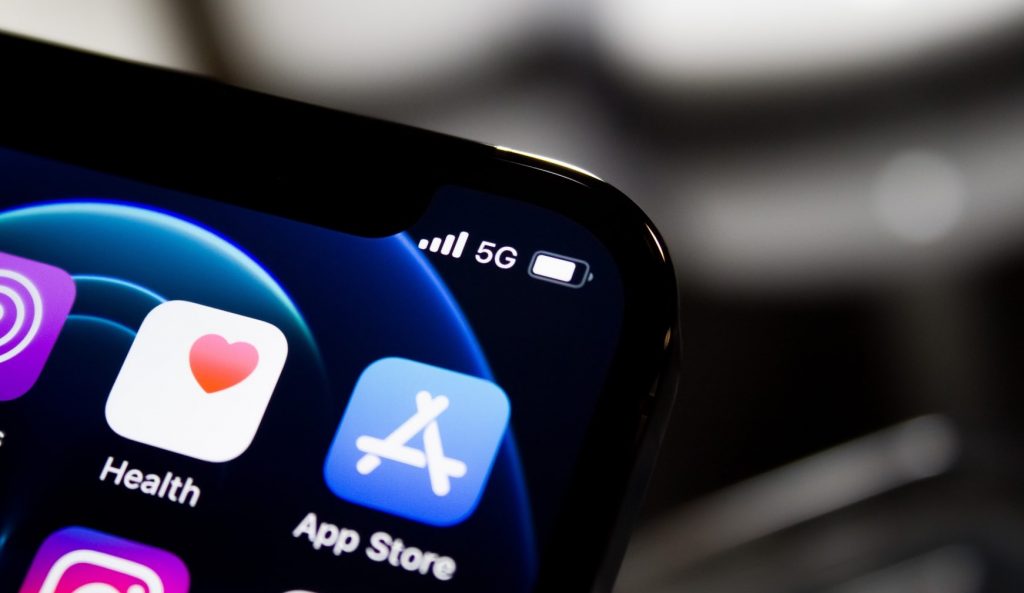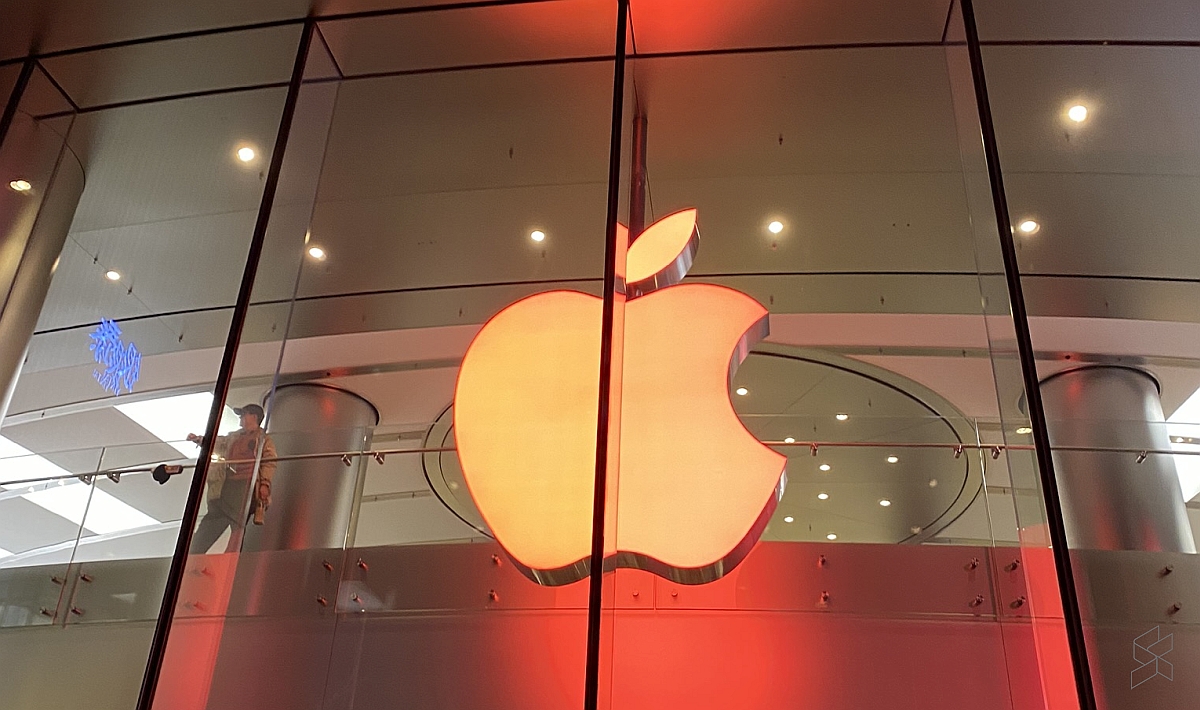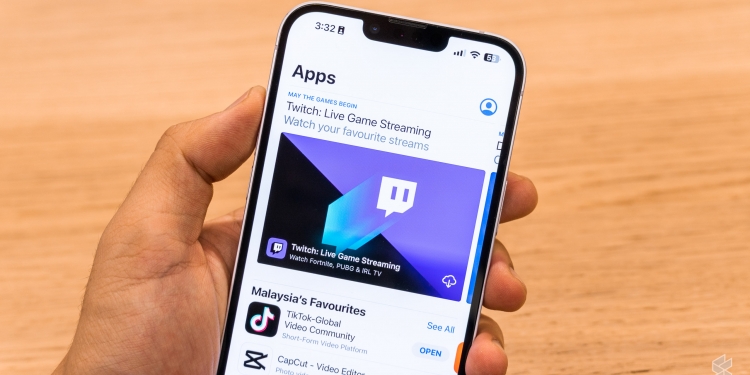The walls on Apple’s famously impenetrable garden is on the verge of being knocked down brick by brick. The company is already being forced to allow sideloading on iOS in Europe as part of the latter’s Digital Markets Act (DMA), and it looks like it will have to do so again over in Japan.
According to Nikkei Asia, the island nation is preparing regulations, set to be sent to parliament next year, requiring large tech companies like Apple and Google to allow “outside app stores and payments” on their mobile operating systems in order to prevent monopolies and encourage competition. The laws will also focus on search results (preventing Google, for example, from putting its own services at the top of results), browsers and operating systems.
Details have yet to be hammered out—Nikkei says they will be worked on in the spring—but the plan is to allow the Japan Fair Trade Commission to impose fines for violations. It’s reported that should the regulations be modelled after existing antitrust laws, the penalties would “generally” amount to six per cent of revenues earned from those violations.

The companies to which these rules would apply will be determined by the Japanese government, based on criteria such as sales and user numbers. The aim is to target multinational companies rather than Japanese firms.
While the actual practice of sideloading—that is, installing app files obtained through outside sources, like Android users have been able to do with APKs—isn’t technically mentioned here, the law still gives third parties unprecedented access to iOS, sidestepping the App Store and Apple’s in-app payment system (in which Cupertino takes a cut of up to 30%) in the process.
Such a ruling would allow Japanese companies to run app and game stores on iOS devices and offer their own payment systems with lower fees from Japanese fintech companies, Nikkei added.

These rules appear very similar to the DMA, which requires “gatekeeper” companies like Apple to open up their products and services to third parties by March 6, 2024. It’s been reported that Apple will comply with the ruling by creating a “highly controlled system” for sideloading apps, which sounds similar to its mobile device management (MDM) service that enterprises use to distribute software to employees’ phones. It may also be limited to regions that have forced Apple down this road.
Even in the US, there is pressure on major tech giants to open up their ecosystems. Earlier this month, Google famously lost a lawsuit against Fortnite developer Epic Games, in which the jury found the company guilty of turning its Play Store and Play Billing service into an illegal monopoly—a verdict set to have far-reaching consequences for Mountain View.
Notably, Apple won a similar case (under different circumstances) that stemmed from a public spat over in-game payments—ultimately ending up with Fortnite being removed from both the App Store and Play Store.








